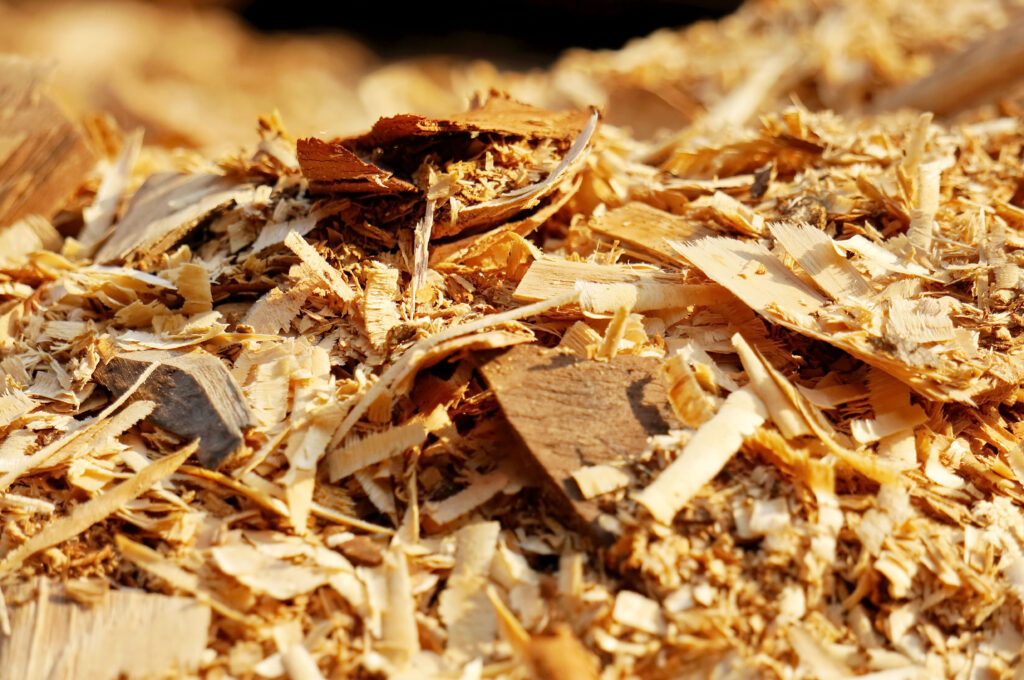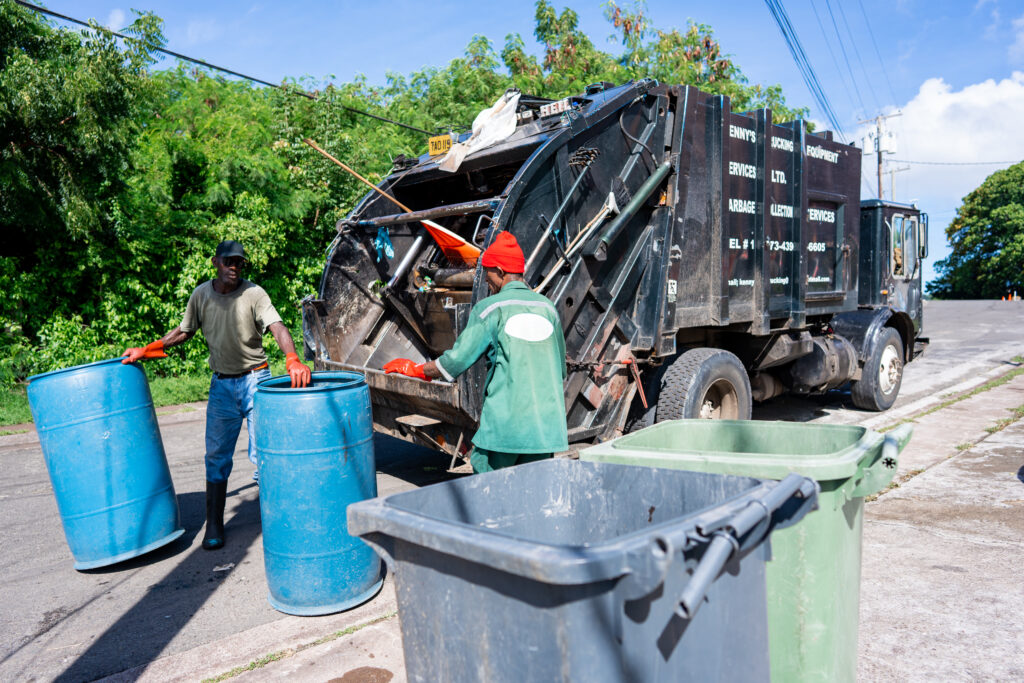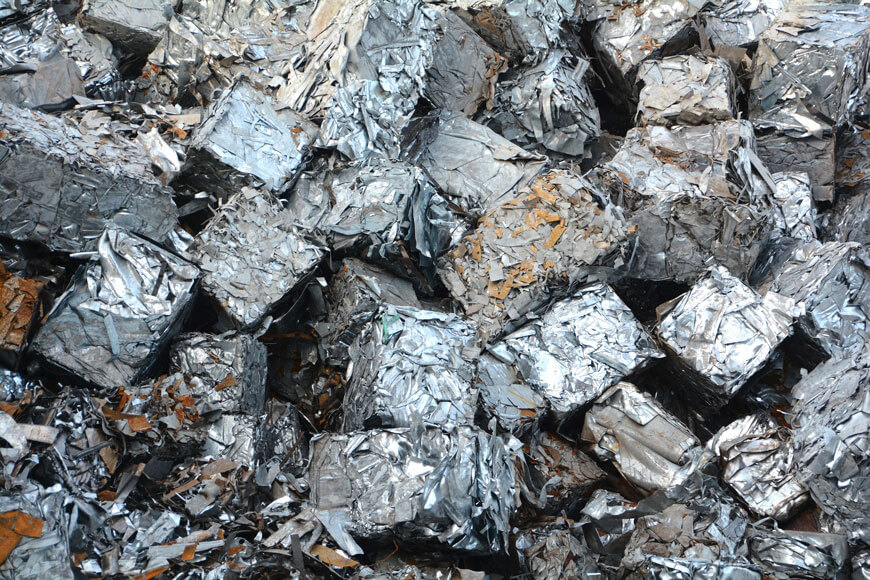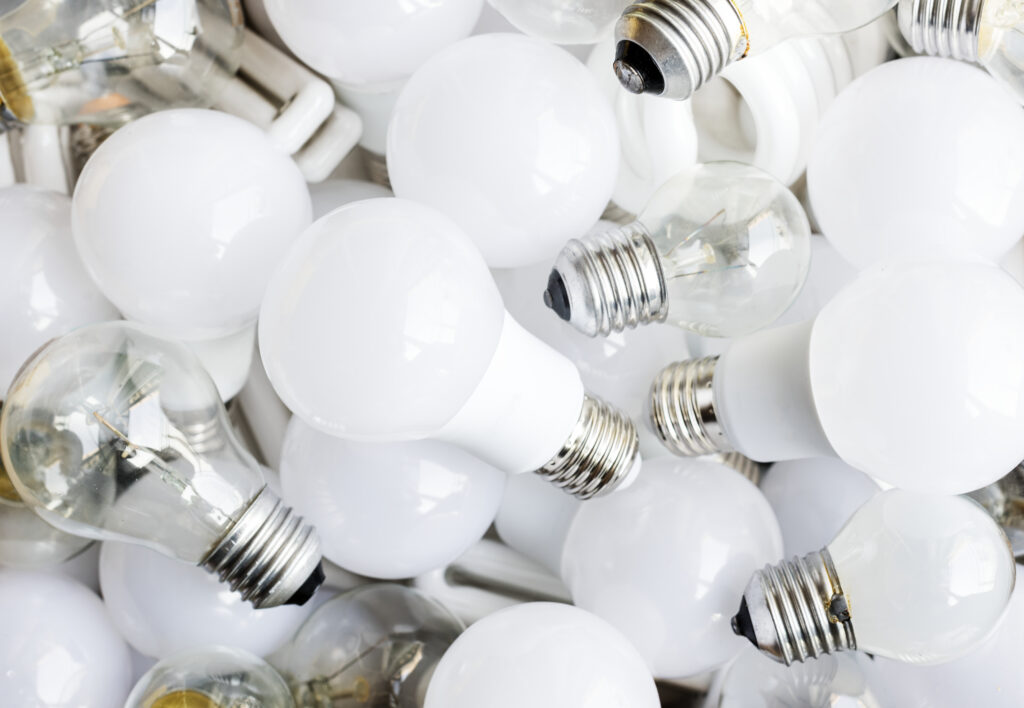
Wood Chipping
The GSWMA has been in receipt of thousands of tonnes of green waste at its landfill facilities in Grenada and Carriacou each year. Green waste is considered valuable organic material and can best be disposed of by returning to the soil as munch or in compost.
The GSWMA has invested in the purchase of an industrial type woodchipper. It is used for chipping tree limbs which are brough to the facility. The emerging mulch is sold to farmers for use in compost or to poultry farmers to use in chicken pens to help in making the flooring of pens comfortable for the movement of birds. Wood chips are also used for beautification purposes.
The woodchipper is also made available for rental to private citizens and institutions for the following:
- To assist with chipping tree limbs in the preparation of sites for construction..
- For field sanitation purposes, farmers are engaed in trimming trees on agricultural plots.
- For general chipping of branches which are cut from trees by home owners.
It is to be noted that the woodchipper is not used for chipping treated lumber.
Anyone requiring the services of the woodchipper can do so by contacting the Perseverance landfill to arrange for taking the chipper to your property and engaging our staff for operating the equipment as an cost to be arranged between the GSWMA and the customer.

Regular Household Waste Collection
and Special Collection Services
When the Grenada Solid Waste Management Authority was established by an Act of Parliament, sited as the Grenada Solid Waste Management Authority Act #11 of 1995, one of its given mandates was the provision of regular garbage collection service to the state of Grenada in conformity to sound waste management principles.
To achieve this, the GSWMA felt that the best approach was to give up the traditional system of providing the service administered by a single institution as was done by the then Ministry of Health. Instead, the Authority felt that the best approach would be through contractual arrangements with private waste haulers. This brought immediate improvements in terms of timeliness and regularity of waste collection and greater coverage of the islands.
Moving from four (4) private companies providing the service in 1995, the GSWMA at the end of 2022 has entered into contractual agreements with nine private companies to provide municipal solid waste collection in the state of Grenada.
Each contractor is provided with a five-year contract for the provision of service.
Such contract may be terminated should there be breaches in the agreement of in cases where the contractor would have accumulated in excess of 100 default points in any given month due to poor service delivery.
There are nine garbage collection zones and the service providers for each collection zone are required to provide compactor type trucks and tipper trucks as well as the human resource to provide the service. The service is provided as follows:
- Provision of at least twice per week collection service for regular household waste in all communities in the state of Grenada.
- Daily collection service in all the towns except the towns of St. George and Grenville which are required to have twice per day collection service for small quantities of commercial waste and from vegetable markets.
- Every community must be provided with once per month special collection service for old household appliances, furniture and white goods.
All of these services are free of charge to the householders.
To make use of the monthly special collection service, householders are required to make an appointment with the solid waste collection contractor for their area to have these items collected and safely disposed.
All contractors are required to provide the Authority with a schedule for the provision of a regular collection service. The effect of such a schedule must be done in consultation with the GSWMA Operations Unit.
To ensure that there is compliance with the terms of the contractual agreement between both parties, GSWMA’s operations unit is engaged in daily monitoring of the collection services.

Metal Baling
The GSWMA invested in the purchase of a metal baler in 2005 following the passage of hurricanes Ivan and Emily when it was faced with the challenge of finding the best means of treating metal waste resulting from damage to buildings, vehicles and related structures.
To date, the metal baler has been found to be a very worthwhile investment as it is serving to treat metal waste for disposal through the scrap metal trade and therefore divert waste from the waste stream.
Scrap metal dealers can make use of this facility by taking clean scrap metal to the baling station where the service of metal baling is provided at a cost to the dealers. It is to be noted that only clean metal waste is accepted for baling. In other words, items such as vehicles which are brought to be processed should not contain any oils, fuels or coolants and not mixed with rubber, plastic or cloth components.
The metal baling operations are not necessarily confined to operations at the landfill, but the baler is sited at various locations for the ease of access to sources of metal. Eg. Garage operators with large quantities of derelict vehicles needing disposal can negotiate with the GSWMA to have the baler brought to their facility to perform crushing of derelict vehicles.
Metal bales emerging from the baling process is shipped off island for recycling purposes.

Bulb Crushing
One of the facilities at the Household Hazardous waste treatment plant at Perseverance landfill is a Bulb Crusher or commonly known as a “Bulb Eater”.
This machine caters the safe disposal of straight fluorescent lamps of any length, u-tubes and CFL’s or compact fluorescent bulbs.
The benefits of using the bulb crusher are as follows:
- Prevent the release of mercury in the atmosphere.
- Prevents the possibility of bulbs getting disposed with regular landfill waste resulting in the release of poisons in the nearby environment including leakage with leachate into the nearby river and marine ecosystem.
- Prevents accidental damage due to improper disposal and the risk of endangering the lives of handlers and landfill staff. (Ensures the safety of workers)
- Crushing lamps eliminates unnecessary and unsafe handling of spent tubes and bulbs.
- Crushing results in lower likelihood on bulb breakages and eliminates the need to clean-up poison spills.
- Mercury is safely collected in the process of bulb crushing in a special storage container in preparation for shipment and recycling off island.
Bulb collection depots have been established at the offices of street cleaning contractors at a number of locations in Grenada, Carriacou and petit Martinique.